CHURCH FILES LAWSUIT AGAINST AUTHORITIES
입력 2021.02.02 (15:49)
수정 2021.02.03 (13:31)
읽어주기 기능은 크롬기반의
브라우저에서만 사용하실 수 있습니다.
[Anchor Lead]
COVID-19 cases linked to the Gwangju Antioch Presbyterian Church have surpassed 100 in one week and Gwangju City has issued an administrative order, banning in-person services at all churches. Meanwhile the church is also confirmed to have filed a lawsuit in November against city authorities arguing a no-assembly order violates the constitutional value of freedom of religion.
[Pkg]
It was less than 10 days ago the first worshiper at Gwangju Antioch Presbyterian Church tested positive for COVID-19. Now related cases have exceeded 100. The spread is continuing, even reaching a school where students have been infected through an after-school class.
[Soundbite] Park Hyang(Gwangju City) : "A family of 7 all tested positive, infected from a child who attended an Antioch missionary school. Also a student from that family attended Songwon Girls Commercial High School."
It's also been confirmed the church had filed a lawsuit in November against Gwangju City. It asked the court to revoke a two-week no-assembly order that was issued back in August following a cluster outbreak at another church in Gwangju. At the time, the Antioch church ignored the order and held in-person services. Two church officials were charged with violating the Infectious Disease Prevention Act. Taking legal action, the church is known to have insisted the no-assembly order on religious facilities violates the freedom of religion guaranteed under the Constitution and also constitutes abuse of power. In response, Gwangju City believes the lawsuit, which came 2 months after the order expired, is the church's move to put a brake on similar administrative orders that could be issued in the future. City officials say they had no choice but to issue the ban in order to protect the lives and health of citizens.
[Soundbite] Park Tae-sik(Gwangju City) : "Online services were allowed so it can't be seen as encroaching on religious freedom. Also such orders are effective in preventing the spread of the virus."
Eyes are on how the court will rule on the controversy surrounding religious freedom versus the right to safeguard public health.
COVID-19 cases linked to the Gwangju Antioch Presbyterian Church have surpassed 100 in one week and Gwangju City has issued an administrative order, banning in-person services at all churches. Meanwhile the church is also confirmed to have filed a lawsuit in November against city authorities arguing a no-assembly order violates the constitutional value of freedom of religion.
[Pkg]
It was less than 10 days ago the first worshiper at Gwangju Antioch Presbyterian Church tested positive for COVID-19. Now related cases have exceeded 100. The spread is continuing, even reaching a school where students have been infected through an after-school class.
[Soundbite] Park Hyang(Gwangju City) : "A family of 7 all tested positive, infected from a child who attended an Antioch missionary school. Also a student from that family attended Songwon Girls Commercial High School."
It's also been confirmed the church had filed a lawsuit in November against Gwangju City. It asked the court to revoke a two-week no-assembly order that was issued back in August following a cluster outbreak at another church in Gwangju. At the time, the Antioch church ignored the order and held in-person services. Two church officials were charged with violating the Infectious Disease Prevention Act. Taking legal action, the church is known to have insisted the no-assembly order on religious facilities violates the freedom of religion guaranteed under the Constitution and also constitutes abuse of power. In response, Gwangju City believes the lawsuit, which came 2 months after the order expired, is the church's move to put a brake on similar administrative orders that could be issued in the future. City officials say they had no choice but to issue the ban in order to protect the lives and health of citizens.
[Soundbite] Park Tae-sik(Gwangju City) : "Online services were allowed so it can't be seen as encroaching on religious freedom. Also such orders are effective in preventing the spread of the virus."
Eyes are on how the court will rule on the controversy surrounding religious freedom versus the right to safeguard public health.
■ 제보하기
▷ 카카오톡 : 'KBS제보' 검색, 채널 추가
▷ 전화 : 02-781-1234, 4444
▷ 이메일 : kbs1234@kbs.co.kr
▷ 유튜브, 네이버, 카카오에서도 KBS뉴스를 구독해주세요!
- CHURCH FILES LAWSUIT AGAINST AUTHORITIES
-
- 입력 2021-02-02 15:49:56
- 수정2021-02-03 13:31:42

[Anchor Lead]
COVID-19 cases linked to the Gwangju Antioch Presbyterian Church have surpassed 100 in one week and Gwangju City has issued an administrative order, banning in-person services at all churches. Meanwhile the church is also confirmed to have filed a lawsuit in November against city authorities arguing a no-assembly order violates the constitutional value of freedom of religion.
[Pkg]
It was less than 10 days ago the first worshiper at Gwangju Antioch Presbyterian Church tested positive for COVID-19. Now related cases have exceeded 100. The spread is continuing, even reaching a school where students have been infected through an after-school class.
[Soundbite] Park Hyang(Gwangju City) : "A family of 7 all tested positive, infected from a child who attended an Antioch missionary school. Also a student from that family attended Songwon Girls Commercial High School."
It's also been confirmed the church had filed a lawsuit in November against Gwangju City. It asked the court to revoke a two-week no-assembly order that was issued back in August following a cluster outbreak at another church in Gwangju. At the time, the Antioch church ignored the order and held in-person services. Two church officials were charged with violating the Infectious Disease Prevention Act. Taking legal action, the church is known to have insisted the no-assembly order on religious facilities violates the freedom of religion guaranteed under the Constitution and also constitutes abuse of power. In response, Gwangju City believes the lawsuit, which came 2 months after the order expired, is the church's move to put a brake on similar administrative orders that could be issued in the future. City officials say they had no choice but to issue the ban in order to protect the lives and health of citizens.
[Soundbite] Park Tae-sik(Gwangju City) : "Online services were allowed so it can't be seen as encroaching on religious freedom. Also such orders are effective in preventing the spread of the virus."
Eyes are on how the court will rule on the controversy surrounding religious freedom versus the right to safeguard public health.
COVID-19 cases linked to the Gwangju Antioch Presbyterian Church have surpassed 100 in one week and Gwangju City has issued an administrative order, banning in-person services at all churches. Meanwhile the church is also confirmed to have filed a lawsuit in November against city authorities arguing a no-assembly order violates the constitutional value of freedom of religion.
[Pkg]
It was less than 10 days ago the first worshiper at Gwangju Antioch Presbyterian Church tested positive for COVID-19. Now related cases have exceeded 100. The spread is continuing, even reaching a school where students have been infected through an after-school class.
[Soundbite] Park Hyang(Gwangju City) : "A family of 7 all tested positive, infected from a child who attended an Antioch missionary school. Also a student from that family attended Songwon Girls Commercial High School."
It's also been confirmed the church had filed a lawsuit in November against Gwangju City. It asked the court to revoke a two-week no-assembly order that was issued back in August following a cluster outbreak at another church in Gwangju. At the time, the Antioch church ignored the order and held in-person services. Two church officials were charged with violating the Infectious Disease Prevention Act. Taking legal action, the church is known to have insisted the no-assembly order on religious facilities violates the freedom of religion guaranteed under the Constitution and also constitutes abuse of power. In response, Gwangju City believes the lawsuit, which came 2 months after the order expired, is the church's move to put a brake on similar administrative orders that could be issued in the future. City officials say they had no choice but to issue the ban in order to protect the lives and health of citizens.
[Soundbite] Park Tae-sik(Gwangju City) : "Online services were allowed so it can't be seen as encroaching on religious freedom. Also such orders are effective in preventing the spread of the virus."
Eyes are on how the court will rule on the controversy surrounding religious freedom versus the right to safeguard public health.
이 기사가 좋으셨다면
-
좋아요
0
-
응원해요
0
-
후속 원해요
0










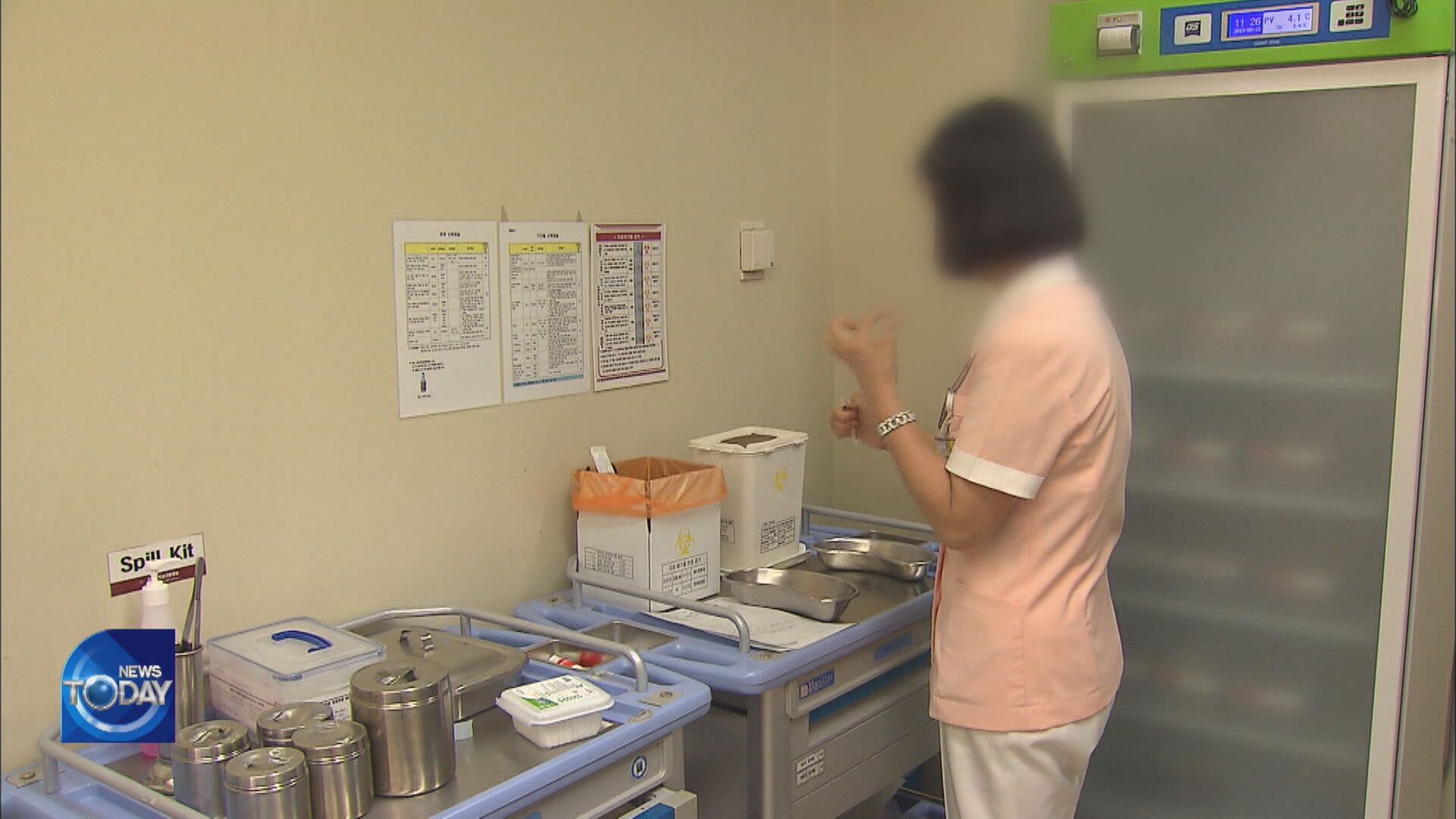

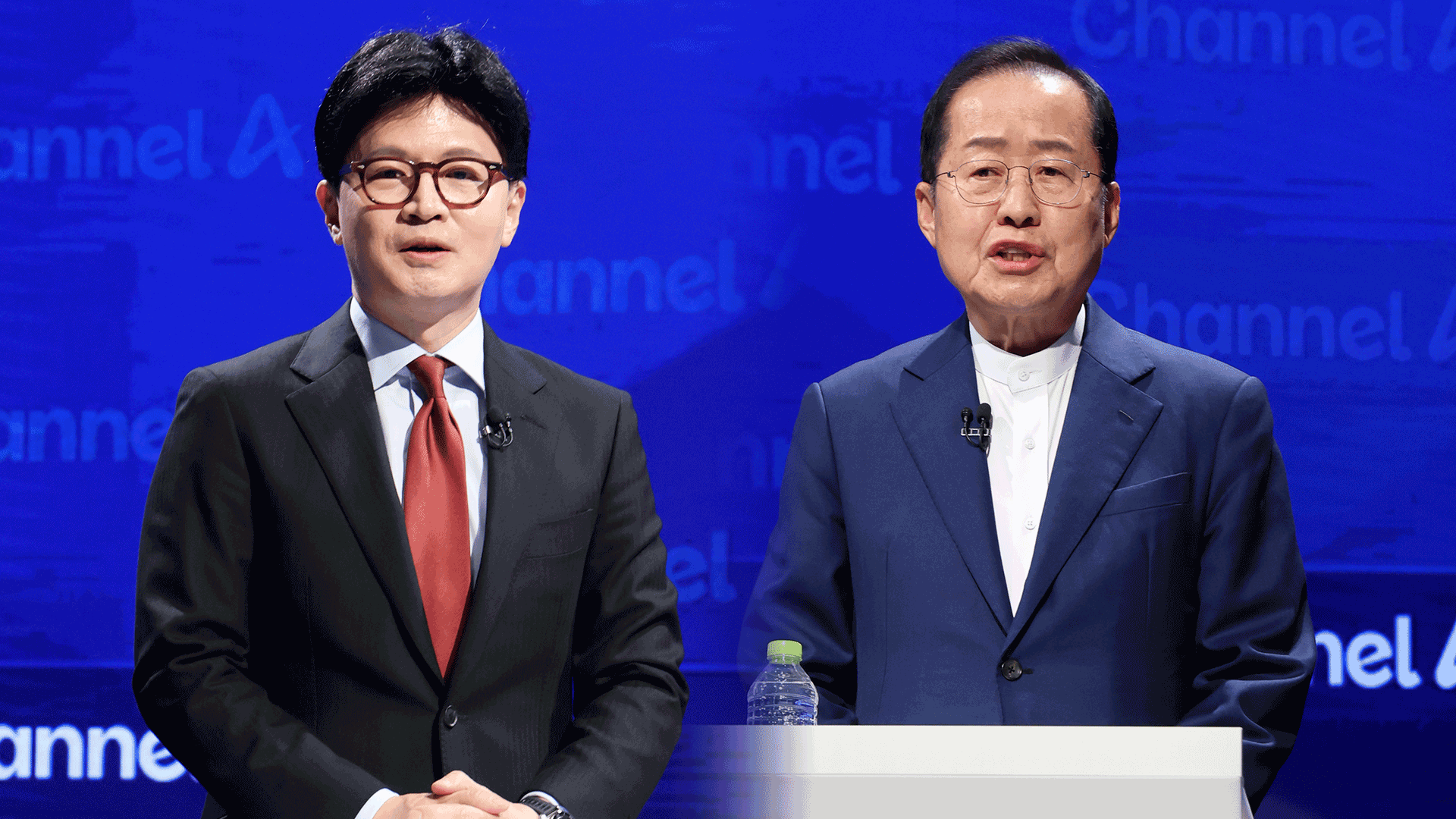
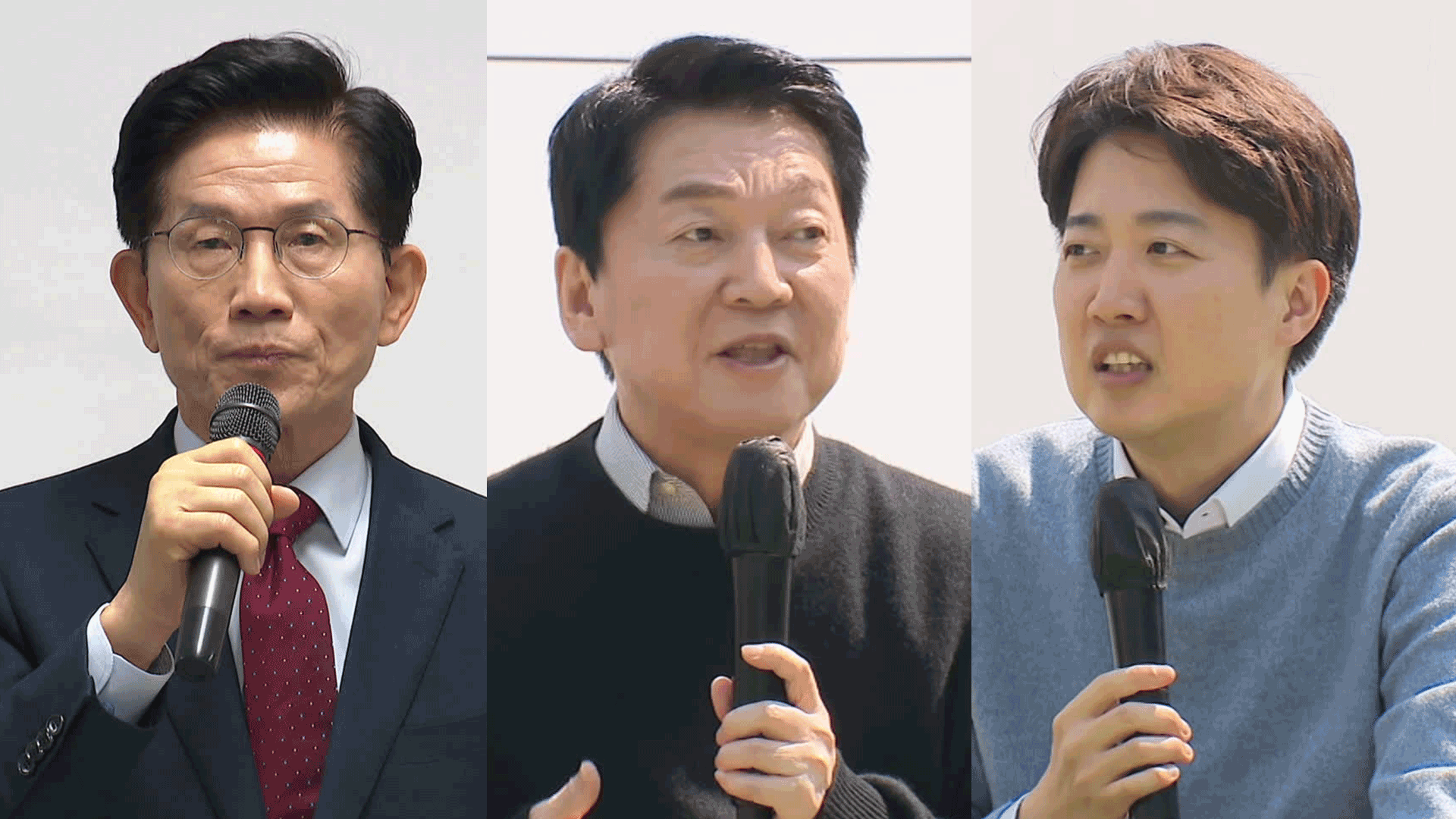
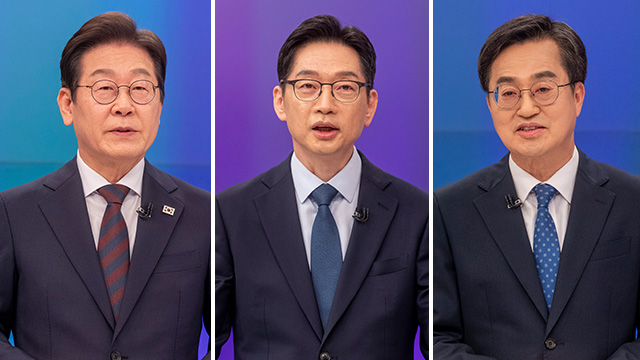
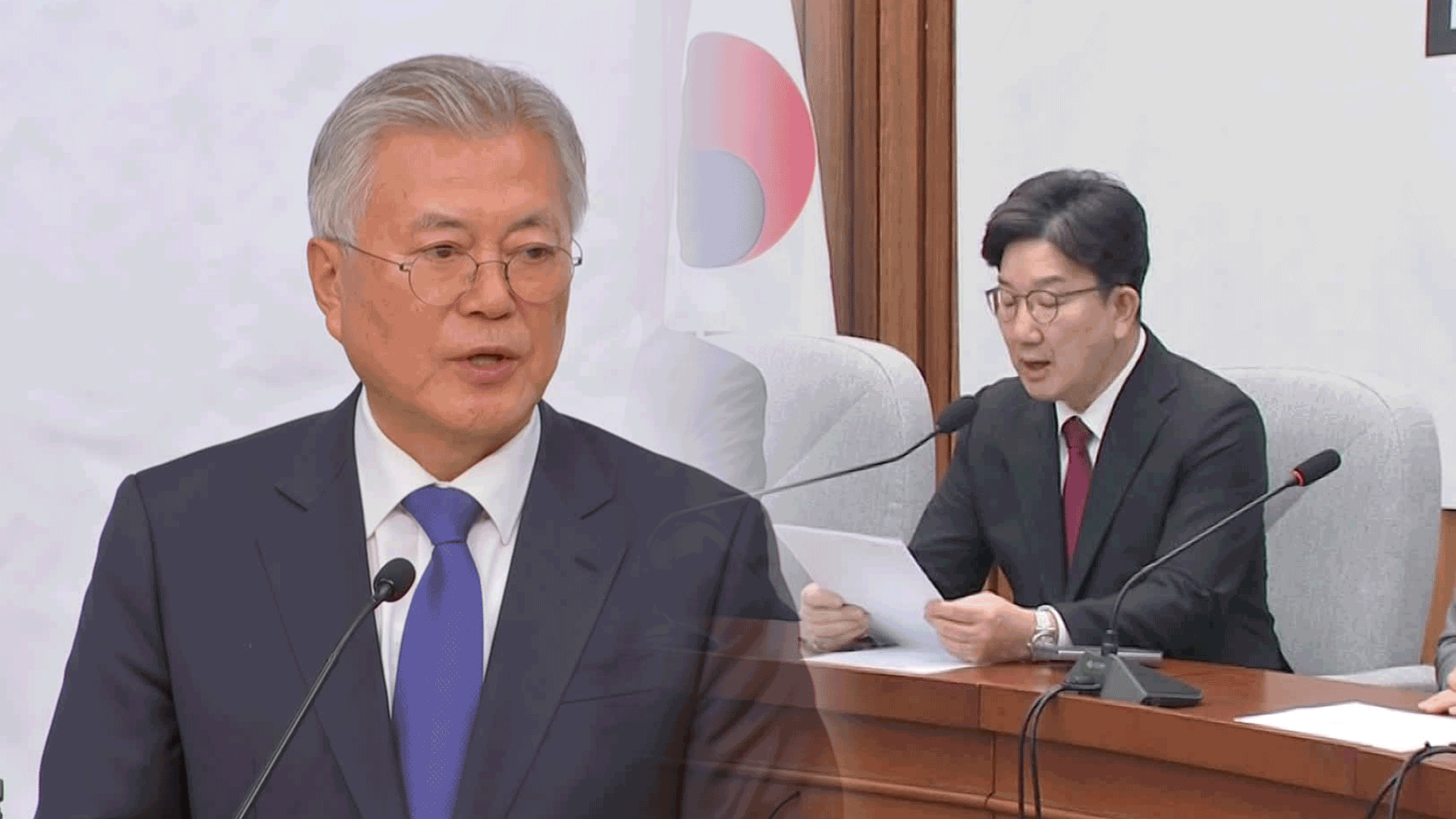

이 기사에 대한 의견을 남겨주세요.